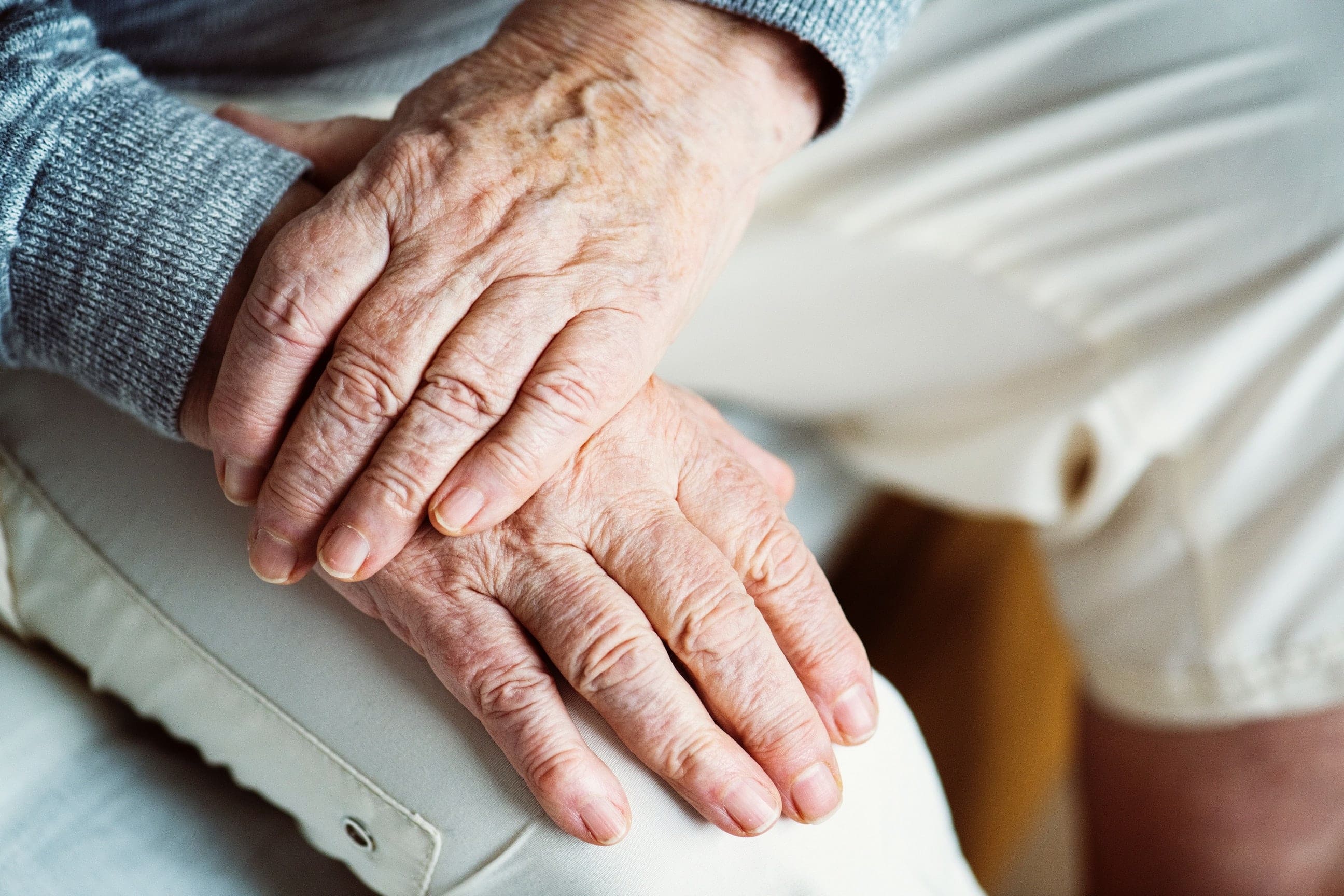
19 Dec Caretakers of the Elderly
Our last Phelps LaClair blog post was about aging successfully and how our attitude can make a huge difference in the process of aging. But it’s possible that even with a great attitude and good self-care, a time will come when we simply cannot manage life on our own any longer. We may need help from family or friends, or from an outside agency. That’s why as you age, one key question to ask yourself is, “If I’m no longer able to take care of myself, who will be ready and able to do so?” Before you assume your children will step into that role, it might be good to think about caretakers of the elderly and what is required of them.
Caretakers of the Elderly
-
- Physical Care. You could stay vital into your 80s or 90s, but those last few years are a critical time when you just might need some help with daily tasks like bathing, feeding yourself, and even going to the bathroom. If balance or the ability to walk are impaired, you may also require someone to be by your side whenever you stand or move from one place to another. That means simple tasks like getting dressed, going to bed, or grabbing a cup of water from the kitchen would need assistance.
- Forgetfulness. The Alzheimer’s Association states that One in 10 people age 65 or older will develop Dementia or Alzheimer’s. For those affected, it could mean forgetting to turn off a stove; neglecting to take medications; leaving bills unpaid; repeating themselves in conversation; being unable to drive; unable to recognize family and friends, and much more. For patients with dementia or Alzheimer’s, having another person around to give assistance isn’t just a good idea, it’s essential for safety and wellbeing. Caretakers for those with neurodegenerative disease might do such tasks as pay the bills, do the cooking and shopping, making sure medications are taken on time, and patiently answer questions that have already been answered numerous times within the span of an hour. And if a person with dementia or Alzheimer’s acts out with anger, the caretaker will need to be able to handle their emotions with a steady response.
- Getting out. Once an elderly person is no longer ambulatory, someone will need to drive them to doctor and dentist visits, and more. In addition, it’s important to help an elderly person maintain functional movement and muscular strength through some type of physical activity. Finally, caretakers will need to ensure the elderly aren’t sitting at home alone all day long. Social interaction is integral to mental and emotional wellbeing, which means taking them out to socialize with the community or with family members.
Are You Ready?
We never think the need for Long-Term care will happen to us, but statistics show us otherwise, with 70% of people aged 65 or older eventually needing some type of long-term care. The question is, have you prepared financially for requiring this kind of intense long-term care? As we mentioned earlier, there is a possibility that your children could step into the role of being your caretaker. But we suggest reading this blog post on that subject before you assume that is a viable option. Your kids may not be able to fill the role of caretaker because your needs are too great for them to handle well, or because their lives are too busy with work and/or their immediate family activities. If there is any question about their willingness or ability to step into the role of being your caretaker, it’s essential to put in place a plan that will provide for the exorbitant costs associated with outside care.
Draining Your Estate?
You don’t want to drain your estate and forfeit your children’s inheritances because you didn’t plan ahead for the high costs of long-term care for you or your spouse. There are ways to make sure you’ll have the means to pay for any unforeseen long-term care expenses, while still preserving a legacy for your family. At Phelps LaClair, serving the Phoenix Valley, we work hard to develop estate plans that protect your assets for retirement; give you the best tax advantage; establish a long-term care plan; and pass to your family the inheritance you worked so hard to create. Want to know more? Contact us and we’ll be glad to sit down with you and tailor a unique estate plan that protects you and your financial portfolio.
- Images used under creative commons license (Commercial Use) 12/13/18) Photo by rawpixel on Unsplash


